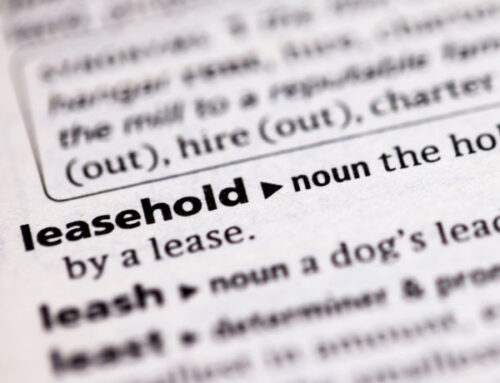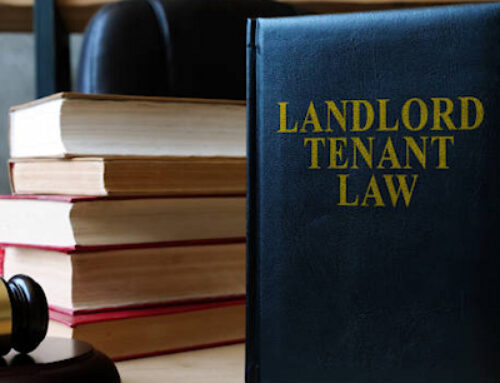A landlord’s guide to deposits
The Deregulation Act 2015 (DA) was passed on 26 March 2015 and covers various points which will be of interest to many landlords letting property in Southend. Below is a brief summary which should help to clarify the current legal position on holding tenant deposits.
What is a tenancy deposit protection scheme?
As a landlord with a house to rent, you must place your tenants’ deposit in a tenancy deposit protection (TDP) scheme if you rent out a property on an assured shorthold tenancy that began or became periodic for the first time after 6 April 2007. Also, in order to use the Section 21 accelerated possession procedure in court to evict a tenant, you will have needed to register the deposit. So we now recommend that all deposits are registered, no matter what the tenancy start date.
As you might expect, a tenancy deposit protection scheme safeguards the tenant’s deposit. This means the tenant can be sure they will have their deposit returned at the end of the tenancy, as long as they are entitled to it. For example, as a landlord, you may be entitled to some of the deposit if there is any damage or if you are owed rent. The scheme also provides a service to sort out disagreements about the deposit without going to court.
There are two types of scheme, a custodial scheme or an insurance-based scheme and it is up to you as the landlord to choose which one you prefer to join. The main difference is:
- in the custodial scheme, you pay the deposit into the scheme and the scheme looks after it
- in an insurance-based scheme, you keep the deposit, but have to pay insurance to the scheme
Deposits and the Law
The law says a landlord must protect a tenant’s deposit and give him/her details of the scheme being used within 30 days of receiving the money. You must also provide certain other information, including the amount of the deposit received, the address that it relates to, and how the deposit is repaid at the end of the tenancy.
What happens at the end of the tenancy?
A tenant should have their deposit returned within ten days of the end of their tenancy as long as you both agree on the amount to be returned. The way this works, and what happens if there is a disagreement, depends on the type of scheme you are using.
It is reasonable to take money off the deposit to cover, for example, outstanding rent owed, damage to the property or furniture, or missing items which were listed in the inventory. But you cannot deduct money from the deposit to pay for general wear and tear.
Custodial scheme
If a deposit is being held in the custodial scheme and you and your tenant agree how much should be returned, you must both inform the scheme by completing a specific form. The scheme will then pay the tenant the agreed amount within ten days. If there is a disagreement over the sum to be returned, the scheme will hold on to the disputed amount until the disagreement has been resolved and pay the remainder back to the tenant.
Insurance-based schemes
In an insurance-based scheme, you will have kept the deposit. You must return it to your tenant within ten days of it having been requested as long as you are both in agreement about how much should be returned.
If you and your tenant disagree about how much of the deposit should be returned, you must pay the amount which is not in dispute and pay the remainder into the scheme until the disagreement has been settled.
Sorting out deposits disagreements
Each scheme has a free service which landlords and tenants can use to sort out disagreements about deposits, instead of going to court. This is called an alternative dispute resolution (ADR) service. The ADR service will decide how much of the deposit the tenant is entitled to and pay them any monies owing. If you agree to use the ADR service, you will have to agree with whatever decision is made. You will not then be able go to court.
Using a lettings agency
While it is ultimately the landlord’s responsibility to ensure a deposit is secured, actually securing the deposit can often fall to the lettings agency managing the property. If the contract between the Landlord and Letting Agent states the agent is responsible for protecting the deposit on behalf of the landlord, then the agent would potentially be liable to prosecution if he fails to do so; but by the landlord rather than the tenant.
If the terms & conditions of the letting agency do not task the agent with protecting the deposit, it should be passed straight to the landlord. If the agent does not pass over the deposit promptly, the landlord is still responsible for protecting the deposit within 30 days of the agent having received it.
Pace has registered all deposits, before and after the 06 April 2007 and can ensure our clients that we are compliant with the Deregulation Bill 2015.
We are happy to offer half an hour of face-to-face advice, free of charge, to local individual considering becoming a landlord.
Please telephone and ask to speak to Marcus, George or Crystal on 01702 445 606.
Marcus James is Lettings Manager at Pace, an independent Southend on Sea Letting Agent. He deals with every aspect of the property letting process, providing expert and candid advice together with tailor-made marketing plans for each property he lists for rental.
Marcus prides himself on ensuring our landlord clients get the best return in the right timeframe for their investments by conducting rental appraisals, letting viewings and oversees the running of the lettings department.








